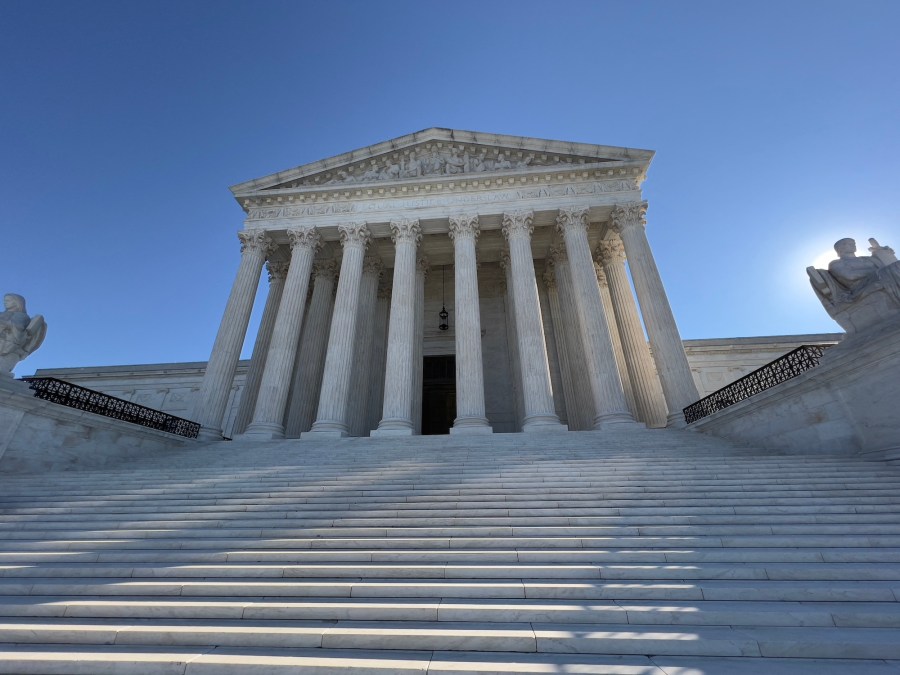Nonprofits voice support for upcoming E-Rate whistleblower case

Two education nonprofits on Tuesday filed a joint brief supporting a U.S. Supreme Court case against an AT&T subsidiary in Wisconsin stemming from whistleblower allegations that schools and libraries benefiting from the Federal Communication Commission’s E-Rate program were overcharged for broadband services.
The two educational nonprofit organizations — the Schools, Health & Libraries Broadband Coalition and the Southern Education Foundation — filed the brief in support of the case against Wisconsin Bell, an AT&T subsidiary in Wisconsin. The FCC’s E-Rate program provides subsidies to help eligible schools and libraries afford telecommunications and internet services. Depending on the poverty level of the school, the subsidies can cover up to 90% of internet costs.
However, the E-Rate program mandates that broadband providers charge schools and libraries the lowest possible price for internet services. This lowers the amount of subsidies the schools and libraries ask for.
Along with the issue of whether Wisconsin Bell knowingly overcharged schools and libraries that benefited from the E-Rate program, the legal question of the case is whether the subsidies — which are filed by reimbursement requests submitted by schools or libraries to the FCC — under the E-Rate program are considered “claims” under the federal False Claims Act. The claims law relates only to funds distributed by federal entities to private companies, and whistleblowers can use the law to sue companies if they are defrauding the government through false claims about the dollar value of a contract or subsidy.
The case is scheduled for oral arguments before the Supreme Court in November.
The case against Wisconsin Bell was filed by a Todd Heath, a whistleblower, in 2008, who claims that Wisconsin Bell was charging schools and libraries more for broadband services than allowed under the E-Rate program. Heath alleged the federal government was overpaying in subsidies, and that therefore every claim a Wisconsin school or library made for reimbursement through E-Rate was in fact a false claim under the Claims Act.
The Seventh Circuit U.S. Court of Appeals opined in January that although the nonprofit Universal Service Administrative Company that distributes E-Rate funds is technically a private, nonprofit corporation, and not a federal entity, reimbursement requests under the program are technically “claims” under the federal Claims Act. This finding conflicted with earlier rulings in other court cases that found the Claims Act didn’t apply to E-Rate reimbursement requests.
The E-Rate program became particularly important during the COVID-19 pandemic, as many schools used the funds made available through the program, and an additional emergency fund created by the American Rescue Plan in 2021, to cover purchase of laptops, tablets, hotspots and other technologies that powered remote learning.
The program distributes up to nearly $4.5 billion in funds each year, and supports 106,000 schools and 12,500 libraries, according to the SHLB Coalition, benefitting 54 million students nationwide.
The FCC in July amended the E-Rate program to allow schools and libraries to receive subsidies for services delivered off their premises, such as through the loan of Wi-Fi hotspots.
“Implementing the lowest corresponding price rule will reinforce the principle that schools and libraries deserve the highest quality internet at the most affordable rates,” John Windhausen, executive director of the SHLB Coalition, said in statement. “This case is crucial for maintaining the integrity of the E-Rate program and ensuring that students and library patrons, especially those in rural and low-income communities, have equitable access to the digital tools they need to succeed.”






